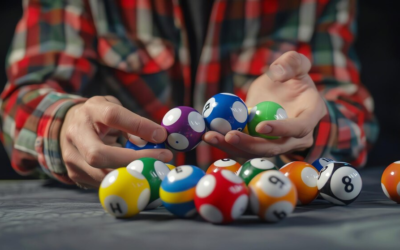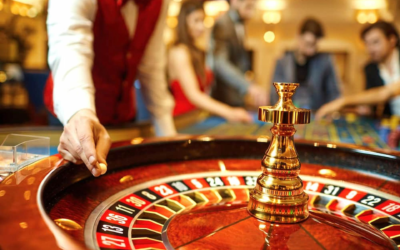The Intriguing Tale Encapsulated Within a Lotto Ticket

In the vast landscape of chance and possibility, the lotto ticket stands as a humble yet potent symbol of hope and aspiration. It represents the gateway to a realm where dreams are both nurtured and tested—a realm where the tantalizing promise of wealth and fortune beckons with each carefully chosen number. Within the confines of this small slip of paper lies a complex narrative that intertwines psychology, strategy, and the unyielding force of luck.
At its core, the allure of the lotto ticket lies in its ability to ignite the imagination and fuel the dreams of millions. With the prospect of life-changing winnings dangling before them, players eagerly queue at lottery outlets, clutching their tickets with a mixture of excitement and trepidation. For many, the purchase of a lotto ticket represents more than a mere wager—it embodies a belief in the power of possibility, a defiance of the odds, and a testament to the human spirit’s capacity for hope.
Yet, behind the veil of optimism lies the harsh reality of probability. The odds of winning the jackpot are astronomically low, with countless possible combinations standing between the player and their dreams of financial freedom. Despite this, hope persists—a resilient beacon that refuses to be extinguished by statistical improbabilities. It is this hope that drives players to invest in the possibility of a better tomorrow, even in the face of overwhelming odds.
Psychologically, the lotto ticket triggers a spectrum of emotions, ranging from anticipation and excitement to disappointment and regret. Each draw becomes a microcosm of the human experience, as players ride the emotional rollercoaster of hope and despair with each revelation of the winning numbers. It is this emotional journey that binds players together in a shared quest for transcendence—a quest that transcends borders, cultures, and socioeconomic divides.
Strategy also plays a significant role in the world of lotto tickets, with players employing various tactics to improve their chances of winning. Some opt for numerological methods, selecting numbers based on significant dates or personal beliefs. Others rely on statistical analysis, studying past draws and identifying patterns in the hopes of predicting future outcomes. Yet, despite these efforts, the outcome remains shrouded in uncertainty, reminding players of the inherent unpredictability of fate.
Superstition adds another layer of intrigue to the world of lotto tickets, with players embracing a plethora of rituals and beliefs in the quest for luck. From carrying lucky charms to reciting mantras and performing elaborate rituals, these superstitions serve as a form of psychological armor—a way for players to cope with the inherent uncertainty of the game and assert a sense of control over their destiny.
In the end, the lotto ticket is more than just a slip of paper—it is a symbol of human ambition, resilience, and the unwavering belief in the power of possibility. It is a testament to the indomitable spirit of the human heart, which refuses to be deterred by the odds stacked against it. So, the next time you hold a lotto ticket in your hand, remember the story it encapsulates—the story of hope, perseverance, and the endless pursuit of dreams in the face of adversity.





